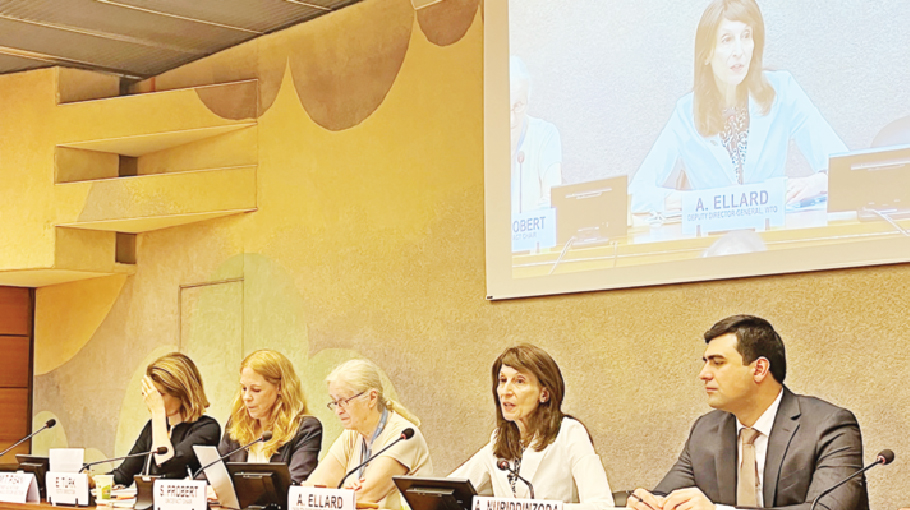Connectivity cornerstone of effective supply chains in global economy: WTO

WTO Deputy Director-General Angela Ellard showcased the WTO’s work in the pursuit of climate-smart connectivity and digital trade in her opening remarks at the 30th United Nations Centre for Trade Facilitation and Electronic Business Plenary on 11 July.
She called for common efforts to shape a future where trade serves as a catalyst for sustainable development and connectivity and a more integrated, inclusive and environmentally conscious global economy.
While addressing, DDG Ellard said, connectivity is the cornerstone of effective supply chains in our global economy. Recent disruptions, such as COVID-19, geopolitical tensions, and environmental challenges, have underscored its significance. In fact, digital transformation plays a pivotal role in fostering greener and more inclusive economies.
Climate-smart connectivity and digital trade corridors are essential components for this transformation. By facilitating the efficient, cost-effective, and environmentally sustainable movement of goods and services across borders, digital trade corridors not only enhance regional and global integration, but also support sustainable development.
The WTO plays a key role in supporting and enhancing connectivity within global supply chains by setting rules and ensuring their implementation.
In particular, our Trade Facilitation Agreement (TFA), which entered into force in 2017, is a vital tool in facilitating cross-border connectivity and enhancing inclusivity of trade.
The TFA works as a GPS for trade: just like a GPS system provides accurate and efficient routes to a destination, the TFA provides clear and standardized procedures for trade, guiding traders through the complexities of cross-border transactions.
The TFA's value-added is in reducing paper-based transactions, streamlining border processes, and minimizing waiting times. Once fully implemented, the TFA could reduce trade costs by an average of 14.3% and boost global trade by up to $1 trillion per year, with the biggest gains in the poorest countries.
Allow me to make three more specific points about the role of trade facilitation in bolstering connectivity and sustainable development.




